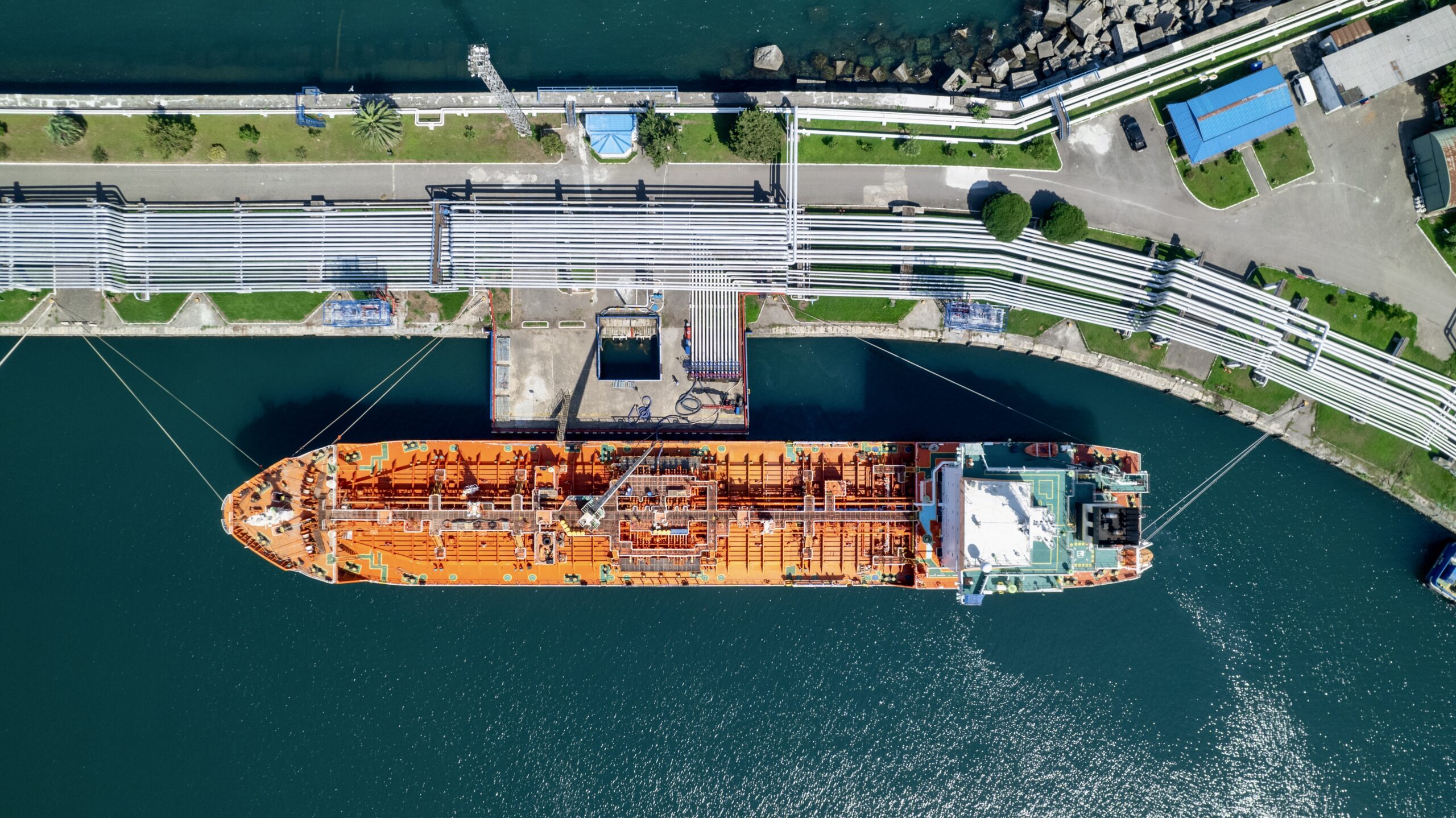Middle East Trade Finance: HSBC, Mashreq, and Citi Lead the Charge in a Dynamic Market

The global trade finance landscape is undergoing a significant transformation, and the Middle East is emerging as a particularly vibrant and competitive hub. Driven by ambitious economic diversification plans, robust infrastructure projects, and a strategic geographic location, the region presents both immense opportunities and complex challenges for financial institutions. Recent surveys confirm this, highlighting a fiercely contested market with established global players and strong regional contenders vying for dominance.
Our 2025 survey reveals a fascinating picture at the top of the Middle Eastern trade finance arena. HSBC, Mashreq, and Citi are locked in a virtual tie, all achieving a prestigious “Leading” status. This demonstrates the intense competition and the high standards required to excel in this market. Let's delve deeper into what makes these institutions stand out and explore the broader trends shaping the future of trade finance in the Middle East.
Why the Middle East is a Trade Finance Powerhouse
Several factors contribute to the Middle East's prominence in trade finance:
- Strategic Location: Situated at the crossroads of Europe, Asia, and Africa, the region facilitates trade flows between major economic centers.
- Economic Diversification: Countries like Saudi Arabia, the UAE, and Qatar are actively diversifying their economies away from oil dependency, fueling demand for trade finance to support new industries and projects.
- Infrastructure Development: Massive investments in infrastructure, including ports, logistics networks, and free zones, are stimulating trade and requiring sophisticated trade finance solutions.
- Strong Banking Sector: The region boasts a well-developed and capitalized banking sector, capable of providing the necessary financing for international trade.
The Leading Players: HSBC, Mashreq, and Citi
HSBC: As a global financial powerhouse with a long-standing presence in the Middle East, HSBC leverages its extensive network and expertise to offer a comprehensive suite of trade finance products and services. Their strength lies in their ability to connect businesses across borders and provide tailored solutions to meet specific needs.
Mashreq: This leading UAE-based bank has consistently demonstrated its commitment to innovation and customer service in the trade finance space. Their deep understanding of the local market and their ability to adapt to evolving regulatory requirements have contributed to their success.
Citi: Citi’s global reach and strong institutional relationships make it a preferred partner for multinational corporations engaged in trade within the Middle East. Their expertise in complex trade finance transactions and their focus on risk management are key differentiators.
Looking Ahead: Trends Shaping Trade Finance in the Middle East
The future of trade finance in the Middle East will be shaped by several key trends:
- Digitalization: The adoption of digital technologies, such as blockchain and artificial intelligence, is transforming trade finance processes, making them more efficient, transparent, and secure.
- Sustainability: Environmental, social, and governance (ESG) factors are increasingly influencing trade finance decisions, with a growing demand for sustainable trade finance solutions.
- Supply Chain Resilience: Recent global events have highlighted the importance of building resilient supply chains, and trade finance will play a crucial role in supporting this effort.
- Fintech Collaboration: Banks are increasingly partnering with fintech companies to leverage their innovative solutions and enhance their trade finance offerings.






